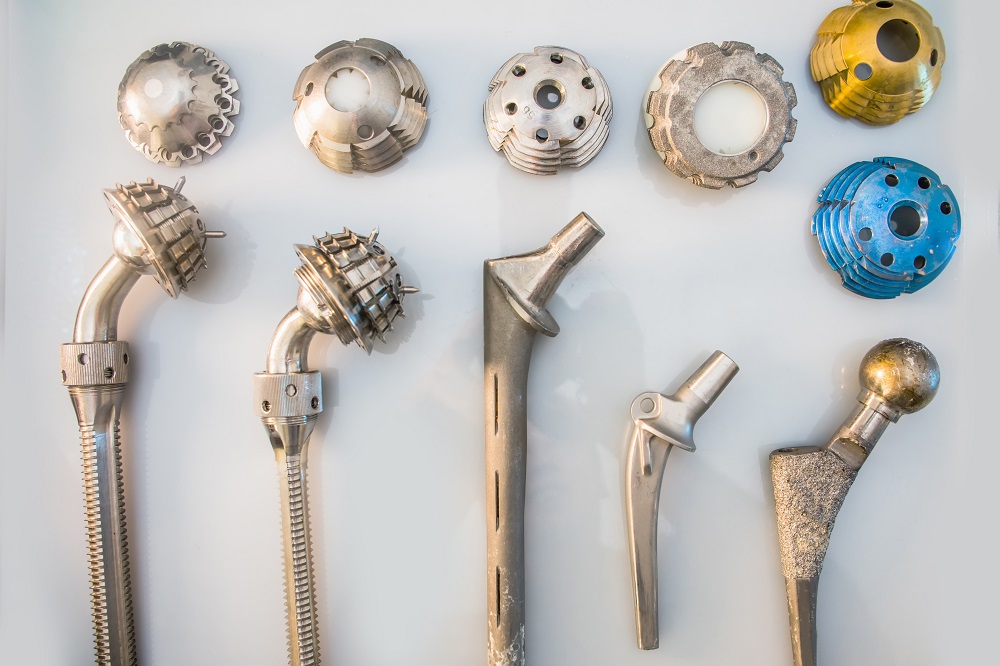Longer life expectancy, an aging population, and the COVID-19 pandemic have driven a growing demand for medical equipment. In 2018, the global market for medical devices was valued at $425.5 billion, and it’s expected to grow as much as 44% by 2025 to $612.7 billion.
Manufacturers have a significant opportunity here — so long as they can meet the requirements and advanced machining required of the medical industry. Before you get started, here are four qualities to consider when assessing medical-grade coolants:
1. Material Compatibility
Medical devices are often made of difficult to machine materials such as stainless steel, nickel, and titanium, limiting the coolant types that can be used in machining operations. High-end materials and precision machining require high-performance metalworking fluids.
Shop managers should look for cutting and grinding fluids, as well as parts cleaning chemistries that are designed for their specific operations. This will ensure operating efficiency by reducing machine downtime and fluid management costs. Selecting targeted performance metalworking fluids equates to lower overall expense and scrap rates for medical manufacturers.
2. Easy Upkeep
Coolant management is essential in medical machining operations. Shops that produce medical devices require coolant filtering, machine maintenance, and proper coolant management protocols to keep cutting and grinding fluids in top condition.
Selecting coolants designed for longevity and easy maintenance will reduce machine downtime as well as total coolant usage and cost. Our new TRIM MicroSol® 642RX is designed for the demands of the medical industry with excellent tool and sump life on difficult-to-machine materials while free of the substances typically restricted by medical manufacturers, such as animal-derived materials.
3. High-Quality Parts and Cleanliness
Medical instrument and implant manufacturers need high-quality parts that are precisely machined and finished — and using the wrong metalworking fluid might increase production costs, scrap rates, or make the necessary precision impossible to accomplish.
Cleanliness is also crucial, as many medical devices are used on or inserted into the body. Improperly machined or cleaned implants can cause a connection failure between tissue and metal — or worse, lead to toxicity and injury, such as instances where trace amounts of oil are not removed from the metal.
Most medical machining operations thoroughly clean and sterilize finished parts as the last step in manufacturing. Choose quality cutting fluids that are formulated to be clean running and that leave low residues on parts. Coolants that are low foam, resistant to bacterial growth, tramp oil, and other contaminants will streamline the cleaning process.
4. Medical Industry Approvals
In an effort to prevent incompatibility and ensure people’s safety, medical manufacturers keep tight control over their process for manufacturing, cleaning, and assembly. Cutting and processing fluids need to be fully vetted by the parts manufacturer. In fact, medical companies include stringent restrictions and a difficult approval process. Select a coolant manufacturer with the products and know-how to help with the process.
The TRIM brand line-up is designed specifically to meet the needs of manufacturers machining parts for the medical industry. Read more about our medical-grade cutting fluids here.
To learn more about our coolants, fluid maintenance systems, and cleaning solutions, call +1 800-537-3365, or email us at [email protected].

